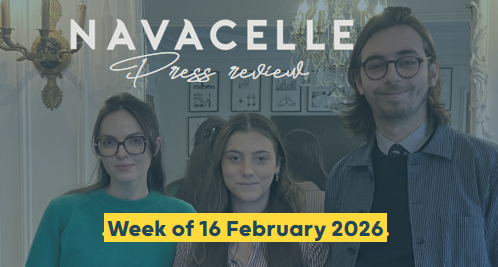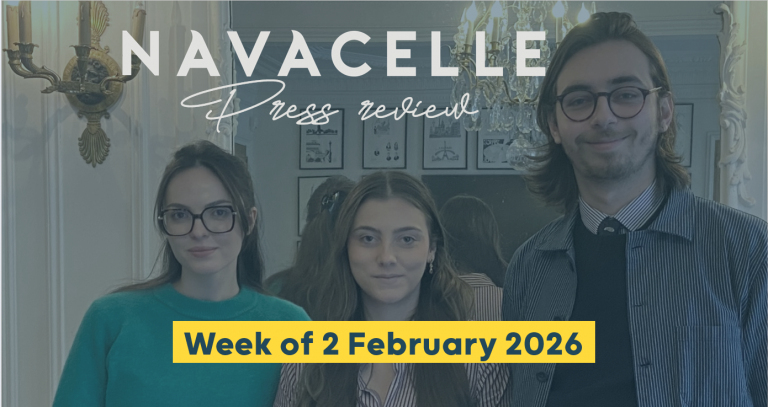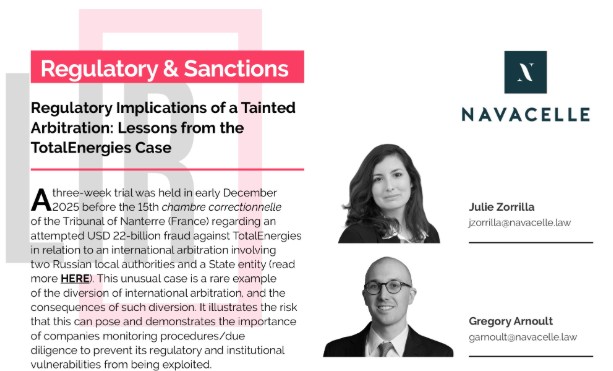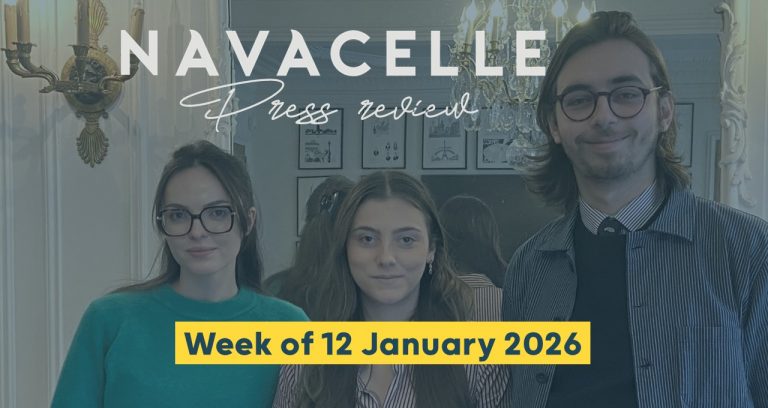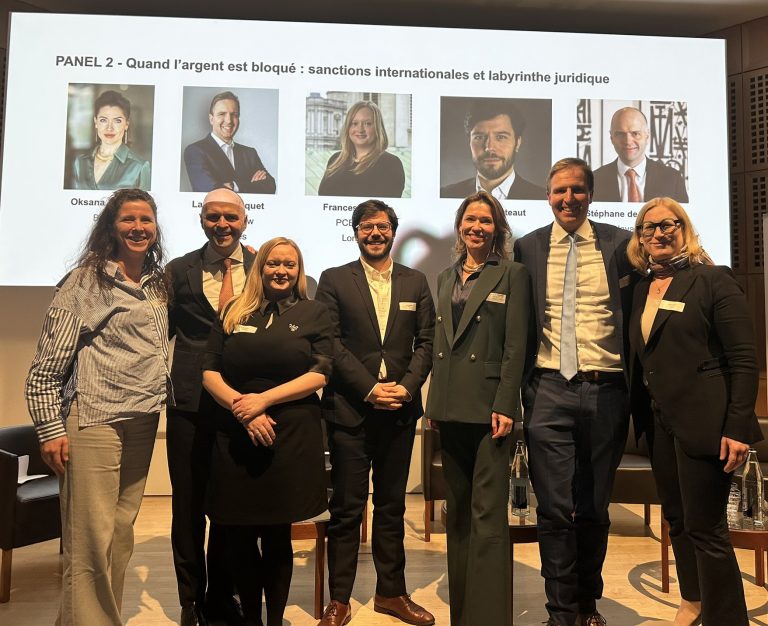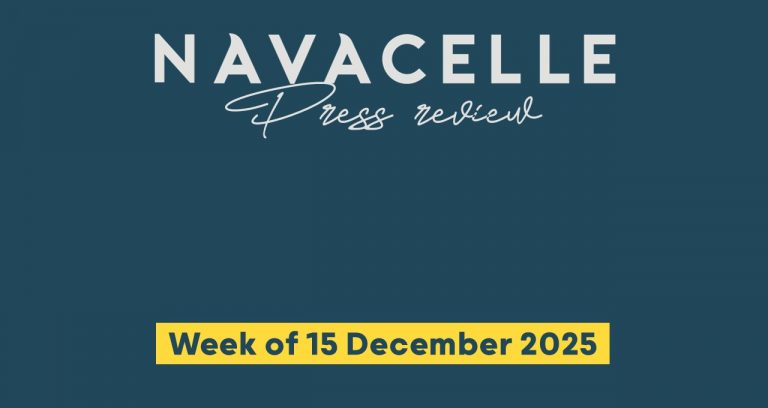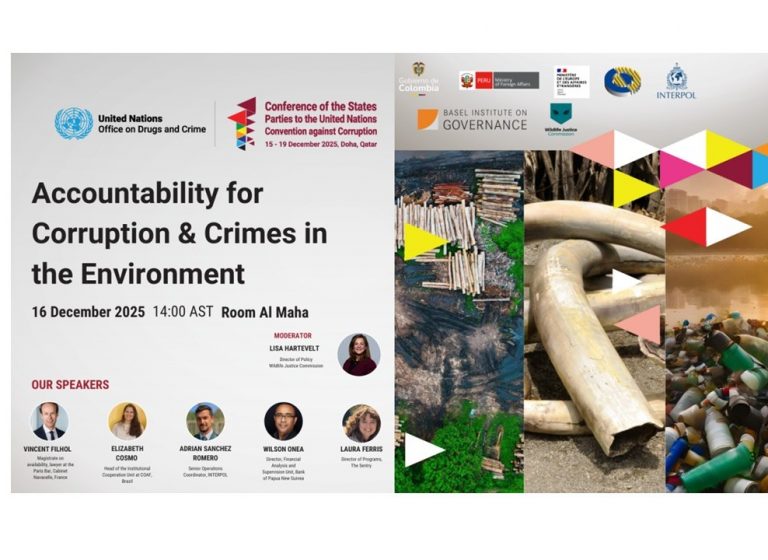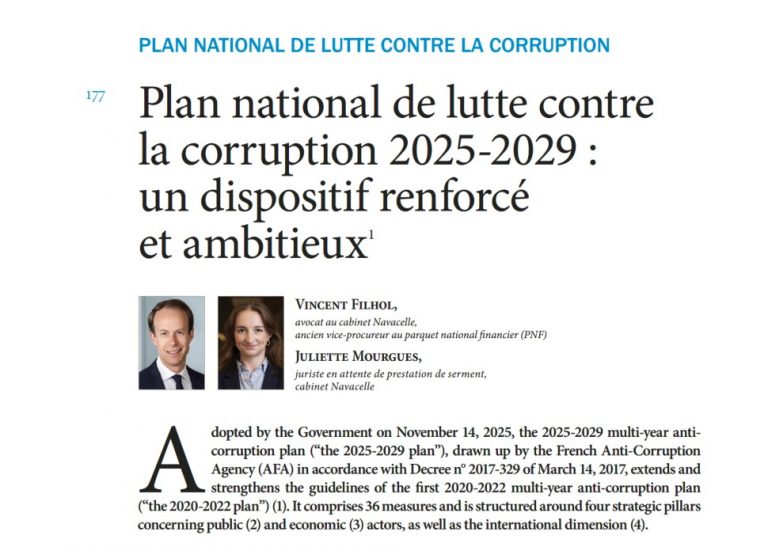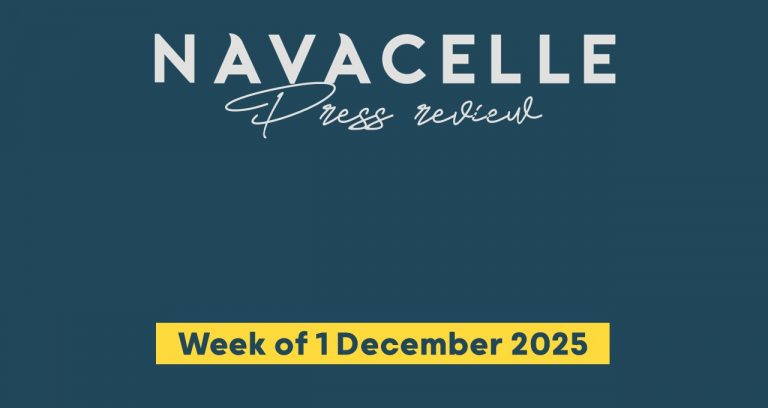The fight against breaches of integrity continues to advance in France, particularly on the judicial front, where numerous and high-profile criminal trials have taken place. The same trend is observed in the area of anti-money laundering, with national regulations becoming more comprehensive and an increasing number of suspicious activity reports being filed. More broadly, case law has recognized the concept of institutional moral harassment, and courts have also ruled on various procedural issues in the context of corporate criminal law proceedings.
The fight against breaches of integrity is gaining strength through media-covered trials and deeper analysis of corruption phenomena to better address them
Over the past twelve months, the fight against breaches of integrity has been especially visible from a repressive standpoint, with several significant judicial rulings, and from an awareness perspective, with new initiatives from the French Anti-Corruption Agency (AFA). In terms of enforcement, the number of Judicial Public Interest Agreements (CJIP) has decreased compared to previous years, with only four agreements relating to these offenses signed since July 2024. However, many integrity-related cases have been widely reported and discussed in the media. For instance, the trial concerning the alleged embezzlement of public funds by Members of the European Parliament from the Front National (now Rassemblement National), and the case involving passive corruption and illegal campaign financing due to suspicions of Libyan funding of Nicolas Sarkozy’s 2007 presidential campaign, received extensive media coverage. These are detailed in the infographic on major trials.
For more information on the issue: A year of criminal justice: focus on 6 major criminal trials
Another highly publicized case was ruled on by the Cour de Cassation on 18 December 2024. The court upheld the conviction of Nicolas Sarkozy for corruption and influence peddling in the so-called wiretapping case. This marks the first conviction of a former President under the Fifth Republic.
In this case, the criminal chamber of the Cour de Cassation confirmed the decision of the Paris Court of Appeal dated May 17, 2023, which found the former President guilty of having entered into what was termed a “corruption pact” in 2014, alongside his lawyer, Thierry Herzog, with a senior magistrate of the Court of Cassation, Gilbert Azibert. The pact involved the magistrate providing confidential information and influencing an appeal in the Bettencourt case in exchange for a prestigious position in Monaco. The Cour de Cassation confirmed the former President’s sentence of three years of emprisonment, including one year to be served under electronic monitoring, and an additional three-year ban from holding public office.
This will likely lead the ECHR to rule on the scope of attorney-client privilege.
Beyond contributing to the growing case law on integrity breaches, this case also attracted significant attention because it dealt with the issue of attorney-client privilege. The prosecution relied solely on intercepted telephone conversations between the former President (under the alias “Paul Bismuth”) and his lawyer, Thierry Herzog. Both argued that these communications were protected by legal privilege. However, courts at every level ruled that this was not the case. Nicolas Sarkozy has announced, through his lawyer, that he will appeal to the European Court of Human Rights, claiming a violation of his right to a fair trial. This will likely lead the ECHR to rule on the scope of attorney-client privilege.
For more information on the issue: Wiretapping scandal: final convictions for former French President, his lawyer, and a French magistrate
An observatory on integrity breaches to produce analyses on corruption phenomena and promote best practices.
To enhance the fight against breaches of integrity, the AFA underwent an organizational restructuring on 20 November 2024, establishing two sub-directorates—one for private-sector stakeholders and one for public-sector stakeholders. The goal is to provide more tailored support and advice, taking into account the specificities of each group and insights from past audits. This restructuring is also accompanied by the creation of an Observatory on Integrity Breaches, which “aims to produce analyses on corruption phenomena and promote best practices.” It is also tasked with conducting general or sector-specific studies to identify high-risk areas and contributing factors, in order to better assess and address these risks
As part of this analytical effort, the AFA published an analytical report on 9 December 2024, examining the prosecution of integrity breaches based on 504 judicial decisions issued in 2021 and 2022.
For more information on the issue: Lessons from the analysis of first-instance court decisions on probity offenses by the French Anti-Corruption Agency for the years 2021-2022
On 10 February 2025, the AFA also held a conference titled “Monitoring Corporate Anti-Corruption Programs – Strategy and Outlook – AFA’s First Meeting.” The agency’s director, Isabelle Jegouzo, used the occasion to present the findings from all audits conducted since the agency’s creation, share key insights, and outline the strategic direction for 2025. Emphasis was placed on leadership commitment, structured anti-corruption governance, the need for risk mapping tailored to an organization’s specific context, alignment between identified risks and implemented measures, and, lastly, the importance of follow-up and evaluation to ensure the effectiveness of anti-corruption programs.
For more information on the issue: AFA news on matters of fighting against corruption & breaches of integrity
The Fight Against Money Laundering and Terrorist Financing (AML-CFT)
National regulation in this field has been strengthened by Ordinance No. 2024-937 of 15 October 2024, which transposes the changes made to Directive (EU) 2015/849 on the prevention of the use of the financial system for the purposes of money laundering or terrorist financing—specifically those concerning information accompanying fund transfers and certain crypto-assets—by Regulation (EU) 2023/1113. Through this ordinance, French law now brings crypto-asset service providers (CASPs) offering exclusively advisory services on crypto-assets under the scope of AML/CFT regulations.
This reinforcement is also illustrated by the increase in the number of suspicious transaction reports submitted by professionals subject to the national AML/CFT framework. In its 2024 annual report, published on 13 June 2025, Tracfin reported receiving 211,165 suspicious transaction reports, representing a 13% increase compared to 2023. One of Tracfin’s newly stated objectives is to improve the quality of these reports, which must now “clearly express the nature of the suspicion without merely listing facts or transactions.” To support this effort, Tracfin has announced plans for regular exchanges and joint initiatives with reporting professionals.
Noteworthy Recent Case Law
Among recent judicial decisions, a key ruling is that of 21 January 2025, issued by the criminal chamber of the Cour de Cassation, which recognized that: “Actions aimed at knowingly initiating and implementing a corporate policy intended to deteriorate the working conditions of all or part of the workforce, with the goal of reducing staff or achieving any other managerial, economic, or financial objective—or having the effect of such deterioration, which could undermine employees’ rights and dignity, damage their physical or mental health, or compromise their professional future—fall within the scope of Article 222-33-2 of the Penal Code.” Through this decision, the Court officially recognized the notion of institutional moral harassment, first defined in a judgment by the Paris Criminal Court on 20 December 2019, and upheld by the Paris Court of Appeal on 30 September 2022.
Another important decision is that of the Conseil constitutionnel dated 21 March 2025, which addressed a priority question of constitutionality (QPC). It ruled that investigators from the Financial Markets Authority (AMF) are not required to inform individuals of their right to remain silent during on-site inspections. The issue in question concerned the constitutionality of Article L.621-12, paragraph 1 of the French Monetary and Financial Code, which allows AMF investigators to collect explanations from individuals during inspections without requiring prior notification of their right to remain silent. Applicants argued that such a lack of notification violated the rights guaranteed by Article 9 of the Declaration of the Rights of Man and of the Citizen of August 26, 1789, specifically the right not to self-incriminate and the right to remain silent. However, the Conseil constitutionnel ruled that such notification is not constitutionally required, as the information collected by AMF investigators does not relate to facts for which the person is accused, and occurs prior to any disciplinary or criminal proceedings initiated by the authority.
Finally, case law has continued to address issues of corporate criminal liability and the indivisible nature of money laundering offenses. In a decision dated 4 March 2025 (No. 24-82.156), the criminal chamber of the Cour de cassation held that a legal entity may be held criminally liable through the identification of its de facto representative, even if another person is named in the indictment. In another decision dated 18 December 2024 (No. 24-83.595), the Court confirmed that both the initial placement of funds in a hidden account and their subsequent reinvestment form an indivisible operation, thereby extending the statute of limitations applicable to money laundering offenses.
